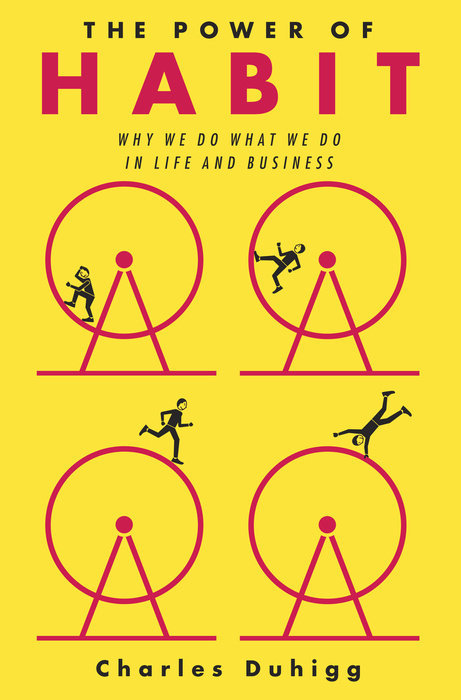
Smarter Faster Better: The Secrets of Being Productive in Life and Business
Book Description
The clock is ticking, and every second counts as the secrets of productivity swirl around like a whirlwind of ideas. Charles Duhigg dives deep into the science of how our habits shape our lives, revealing the hidden forces that drive success in both business and personal realms. With riveting examples and groundbreaking insights, he exposes the strategic moves that can make anyone smarter, faster, and ultimately better. A new era of accomplishment awaits—are you ready to unlock the potential within and transform your reality? What if the key to mastering your life is hidden in the patterns you’ve overlooked?
Quick Book Summary
"Smarter Faster Better" by Charles Duhigg investigates the science behind productivity and explores why some people and organizations manage to accomplish more with the same resources. Drawing on case studies from the FBI, airline pilots, and global corporations, Duhigg identifies eight core concepts that drive productive behavior. He demonstrates how motivation can be cultivated, goals can be set more effectively, focus can be sharpened, and decision-making can be improved. By uncovering the psychological and organizational patterns behind remarkable performance, Duhigg provides readers with actionable frameworks and mental models. The book offers practical strategies, backed by cognitive science and research, to help readers harness their potential, overcome procrastination, and develop habits that lead to lasting personal and professional success.
Summary of Key Ideas
Table of Contents
The Importance of Motivation and Ownership
Charles Duhigg begins by exploring motivation, positing that people become more productive when they feel in control and have an internal locus of control. Motivation is not an innate trait but a skill that can be cultivated by giving oneself options and connecting tasks to personal values. Through engaging stories—such as Marines in boot camp and hospital staff averting disaster—Duhigg shows how a sense of ownership propels individuals and groups to act decisively and with greater effort.
Setting Stretch and SMART Goals
He turns to the science of goal setting, advocating for the use of both stretch goals—ambitious aims that inspire innovation—and SMART goals, which provide clarity and structure. Duhigg demonstrates that layering these approaches allows organizations and individuals to balance big-picture ambition with daily actionable steps. To avoid merely going through the motions, it is critical to have a clear sense of purpose while breaking goals into manageable, measurable segments.
The Power of Mental Models and Focus
Mental models and focus are presented as central tools for navigating complex environments. By mentally rehearsing outcomes and developing routines that anticipate challenges, individuals can avoid cognitive overload and react effectively in high-pressure situations. Duhigg shares stories from pilots and executives who show that envisioning possible scenarios before they arise can boost adaptability and sharpen concentration.
Decision Making and Managing Distractions
Effective decision making is highlighted as a skill rooted in probabilistic thinking and the ability to manage distractions. Duhigg explains how successful decision-makers develop habits of evaluating options, weighing risks, and learning from outcomes, rather than relying solely on intuition. Mastering attention is equally vital; focusing intentionally on priorities while maintaining the flexibility to adapt keeps productivity high even amid competing demands.
Building Productive Teams and Cultures
Finally, the book explores how productive teams and cultures leverage psychological safety, open communication, and a sense of purpose to achieve superior outcomes. Through analysis of Google’s Project Aristotle and military units, Duhigg reveals that teams thrive when members feel respected and heard. Organizations that promote experimentation, learning from failure, and mutual accountability create environments where motivation, smart goal-setting, and focus can flourish, amplifying collective productivity.
Download This Summary
Get a free PDF of this summary instantly — no email required.





